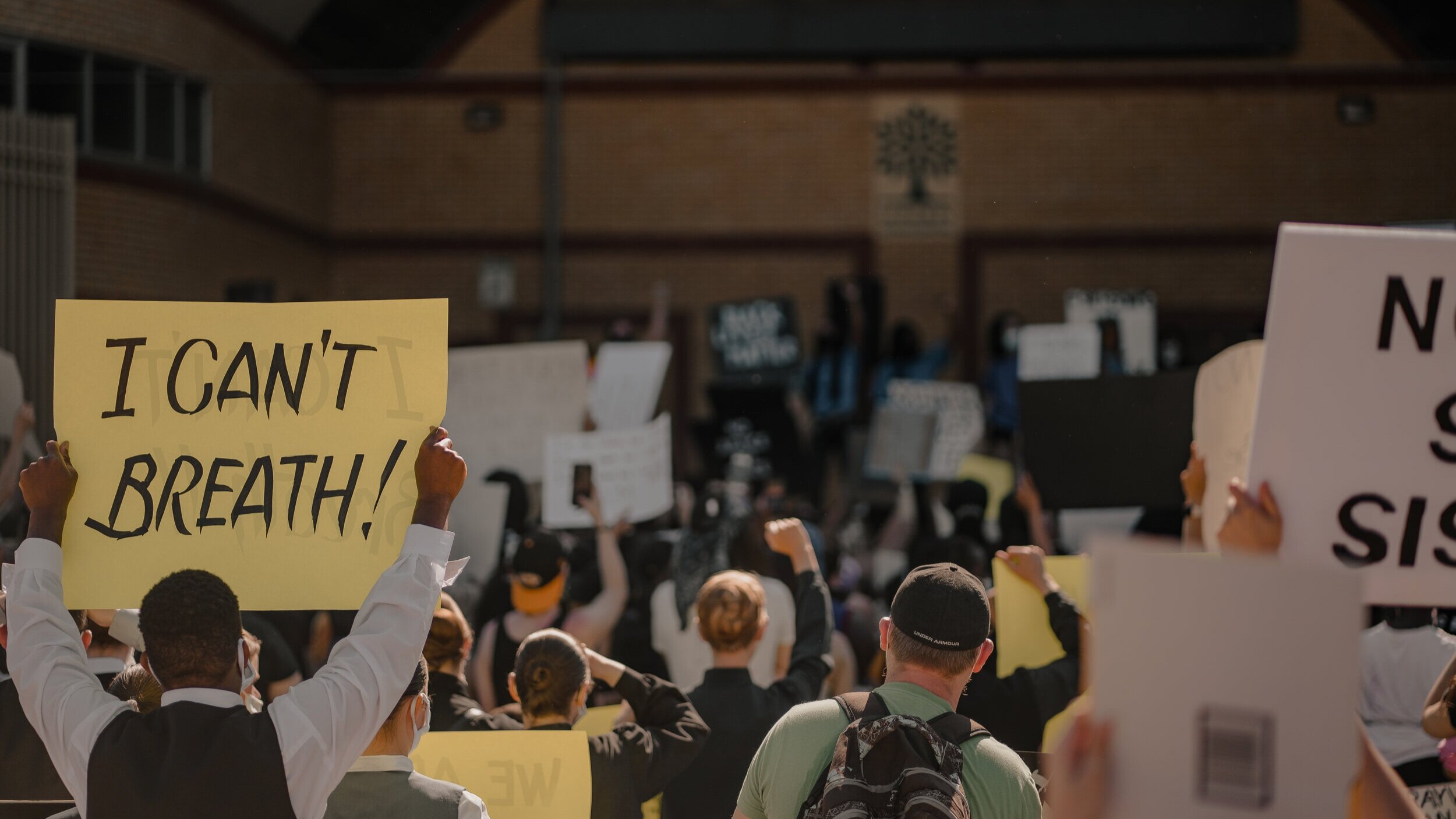COVID-19 and Digital Rights for All
Photography by Gabriel Ramos
We have heard many times throughout the global pandemic of 2020 that COVID-19 has shone a bright light on inequities and human rights issues in our society. The undeniably brutal killing of George Floyd by a United States police officer reignited the Black Lives Matter movement in full force, spurring hundreds of thousands of people to take to the streets in protest, calling for change. In Canada, too, Black, and Indigenous people, and People of Colour, have long endured police brutalities. In our own backyard, a London police officer was charged with criminal negligence causing the death of a woman of the Oneida Nation of the Thames in 2016.
Beyond issues involving police, other less dramatic but significant inequities have surfaced during this global pandemic. As workplaces and educational systems shift to online delivery modes, for example, issues around digital access and, in particular, digital exclusion, become more apparent than ever. Only 24% of Indigenous communities in Canada have access to high speed internet and many Indigenous people live in poverty — which means that Indigenous communities and individuals are all too often unable to access the digital landscape and infrastructures that make online services, resources, information, and data available. Now that our most important institutions and systems — education, healthcare, media, justice, etc. — all rely to some degree on technologies to deliver basic services and share information, should not access to high speed internet be a basic human right?
Moreover, even when online systems are available to Indigenous people, they are often sources of racial violence and hostility. The increasing frequency of Zoom-bombing of online classrooms engaged with equity issues is one example of such hostility. As another example, local Anishinawbe kwe leaders Frances Elizabeth Moore and Dr. Eva Jewell have remarked on the racist trolls who, use the social media accounts of local media to post racist comments about news articles featuring Indigenous people. Both women plead that media institutions have a responsibility to review their social media accounts to ensure that digital spaces are safe and not acting as breeding grounds for anti-Indigenous racism.
In light of current events, I challenge us each to consider, in this ‘new normal’ world, these questions:
(a) How are we actively increasing the access of Indigenous and vulnerable populations to the digital landscape? (b) What kind of security measures are we putting in place to mitigate harm and abuses fueled in online spaces? (c) What kinds of policies and procedures do we have in place that keep individuals and institutions accountable to digital divides and violence? (d) How are we educating and preparing workers to create, navigate, and facilitate inclusive digital spaces—for everyone?
Biography
Candace Brunette-Debassige is Mushkego Cree from Fort Albany First Nation. She is a PhD candidate in the Faculty of Education and is serving as the Acting Vice Provost (Indigenous Initiatives) at Western University. In her doctoral research, Candace takes an Indigenous storying approach to exploring the experiences of Indigenous women administrators enacting Indigenizing policies in universities post-TRC.

